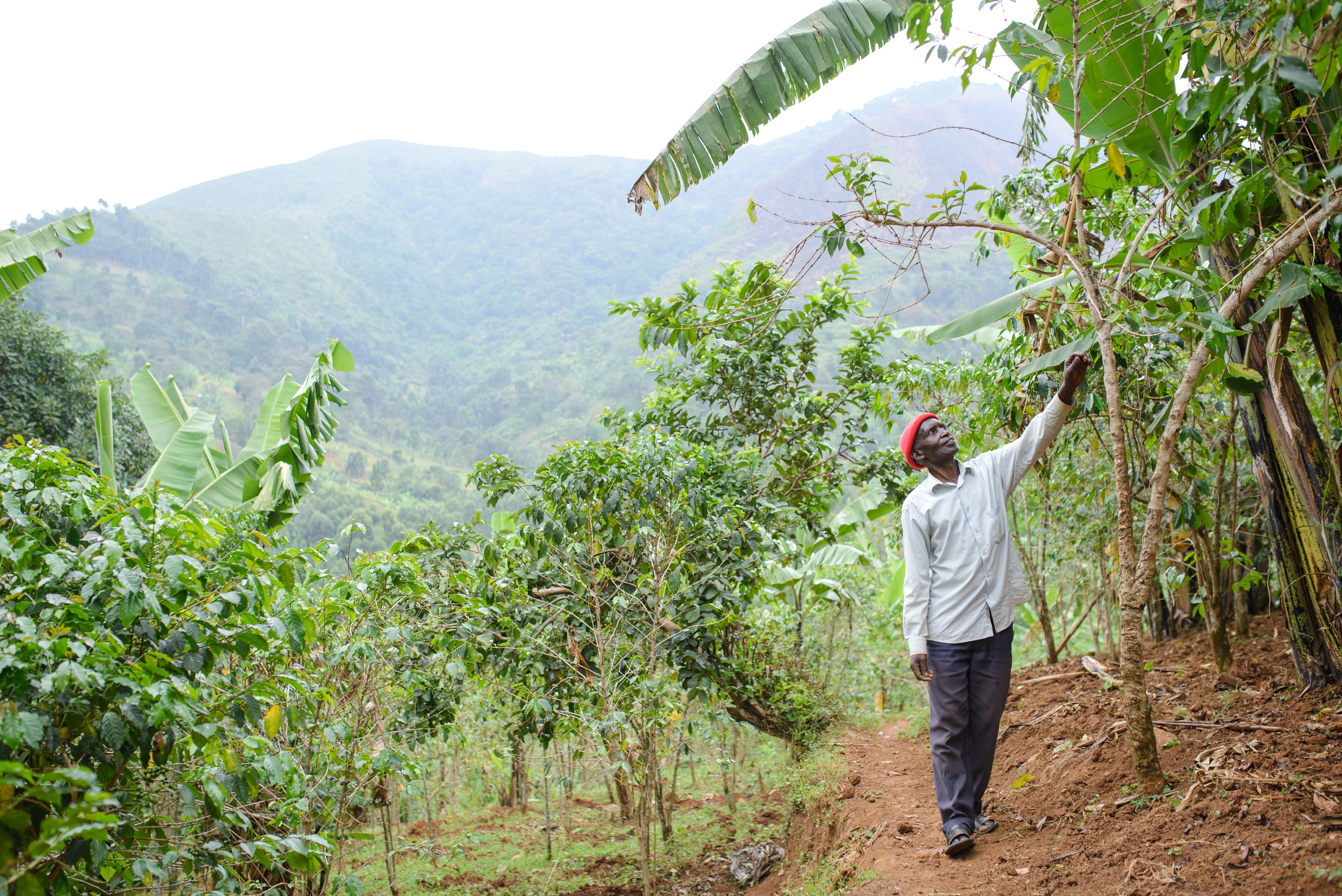

Resilience for Peace & Stability, Food and Water Security Innovation Grant Program
Description
The project assessed potential innovations and investment opportunities for enterprise-driven models aimed at strengthening resilience in fragile and conflict-prone regions highly vulnerable to climate change. This included identifying key thematic areas for investment and financing to support enterprise development for adaptation within these challenging contexts. Building on this enhanced understanding of the investment landscape, the project provided acceleration grants to local actors with innovative, enterprise-based solutions. These solutions were designed to deliver resilience outcomes that foster peace and stability, addressing the unique needs of conflict-affected and climate-vulnerable regions.
Uganda, Sudan
The project is innovative in its tailored approach to building climate resilience in fragile and conflict-prone regions. It employs customized financial mechanisms, such as blended finance, to mitigate risks and sustain key activities like revolving loan funds and technical training, even during conflicts. Partnerships with leading academic institutions have enabled the generation of knowledge products that showcase the investability and sustainable impacts of local enterprises like Mountain Harvest. These efforts bridge the gap between local initiatives and global funding opportunities, fostering scalable and credible resilience-building models.
Inclusive strategies ensure over 50% of beneficiaries and trained individuals are women, reinforcing gender equity. Locally-led organizations drive the project, implementing adaptive practices such as organic farming despite severe constraints. Collaboration with private sector and concessional funders promotes blended finance models, scaling investments for sustainable development. The project has supported resilience building, exceeding key targets like beneficiary reach and training, while maintaining progress in challenging environments like Sudan. Overall, it exemplifies innovation through financial ingenuity, operational adaptability, local empowerment, and strategic knowledge sharing to advance climate resilience.
Lessons learned
Projects can be implemented during a short time period with positive outcome if they build on established partnerships and profound local knowledge.
It is possible to develop and maintain a sustainable business model where a larger part of the financial benefit is maintained by the local producers in developing countries.
Training on financial literacy is key to well-managed small and micro enterprises.
Women can lead entrepreneurial initiatives and financial management processes even in male dominated societies.
Transformational change can be reached by enabling better decision-making on investments and more funding to fragile countries.
In Uganda, Mountain Harvest implemented a broad strategy to integrate community capacity building, documentation, and dissemination, which has been key for engaging local stakeholders and improving their understanding of the project organization. Best practices and lessons learned have been systematically documented, including annual farmer surveys, monitoring reports, and coffee quality assessments. Effective dialogues between the project and local farmers have also been achieved through annual farmer planning meetings.
In Sudan, Near East Foundation’s (NEF) adaptive approach was crucial to achieve project results, engaging with 13 cooperatives through WhatsApp and ensuring the continuation of mobile transfers. Technical support and capacity building were provided through calls and data exchanges, while technical experts from the State Ministry of Agriculture and local volunteers facilitated flexible support. These lessons have set a new standard for NEF operations.
More details can be found in the final Terminal Evaluation report here.

Both photo of page banner and photo above by @Jjumba Martin
When my son fell ill, I had lost all hopes then the microfinance project came in with a timely disbursement where I applied and received USD 217.69 at the lowest interest I ever imagined of 2% per month, this saved my son’s life and later received my bonus payment from coffee of USD 73.47 that I used to purchase farm inputs and pay for labor to boost my farm production capacity. Had it not been Mountain Harvest, I would have rented out my coffee gardens to middlemen for little money. Mountain Harvest continues to support us, we will provide the coffee in whatever quality you want
Simone Verkaart
Programme Director, Global Resilience Partnership
-
Dive deeper into these insights and learn how innovative development efforts in Uganda and Sudan are shaping resilient futures. Download the full report here.
Learn more about CAIL: Climate Adaptation Innovation and Learning (CAIL) | UNIDO